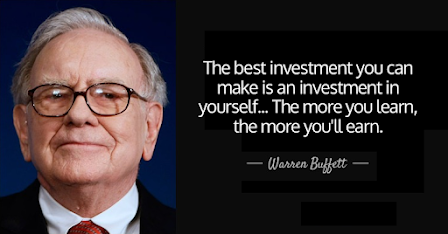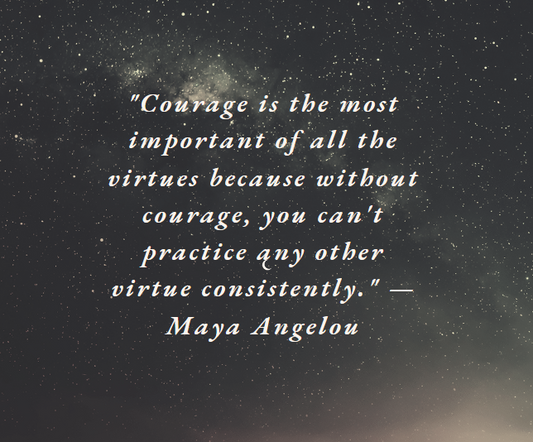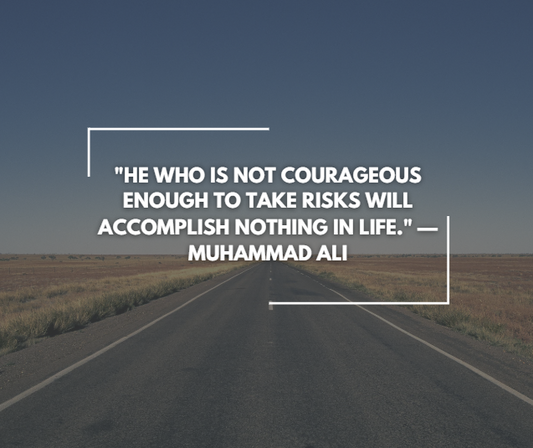The adage "The more you learn, the more you earn" highlights the relationship between acquiring knowledge and achieving financial success, encapsulating a fundamental truth about professional and personal development. This proverb emphasises the inherent worth of lifelong learning in promoting personal development and increasing earning potential in a variety of contexts.
First and foremost, education is the foundation for developing one's expertise and acquiring new skills. Learning new information, whether through formal education, on-the-job training, or self-directed study, gives people the skills necessary to succeed in the careers they want. One who invests in learning coding languages, for example, can open doors in the tech sector, where there is a high demand for qualified workers. In a similar vein, someone who grasps the concepts of financial literacy might make better investment choices, eventually increasing their wealth over time. Thus, education leads directly to improved professional skills, which in turn opens doors to better-paying employment opportunities and business endeavours.
Additionally, ongoing education promotes creativity and adaptability, two traits necessary for success in the fast-paced economic environment of today. People who place a high value on learning stay ahead of the curve and remain relevant in their respective industries, even in the face of rapid technological advancements and shifting market trends. Professionals who embrace lifelong learning are better equipped to adjust to shifting job demands, take advantage of new opportunities, and offer creative solutions to challenging problems. For example, keeping up with the latest trends and technologies can lead to competitive advantages and lucrative career advancements in fields like digital marketing or renewable energy.
Learning also promotes a growth mindset, which is defined by adaptability, curiosity, and a readiness to accept change. People who see obstacles as chances for personal development are more likely to stick with something when things go wrong and go after big objectives. Through constant learning, they gain the self-assurance and resourcefulness required to overcome obstacles and take advantage of new opportunities. This change in perspective not only fosters personal growth but also improves one's capacity to create wealth via strategic decision-making and innovative problem-solving.
Additionally, education develops empathy, cultural competency, and a wider perspective of the world. People with varied perspectives and cross-cultural competencies are better able to negotiate foreign markets and establish meaningful relationships with people from various backgrounds in an increasingly interconnected global economy. This cross-cultural competency broadens professional networks and enhances personal encounters, providing access to profitable global business prospects and joint ventures.
In addition, pursuing knowledge frequently results in the identification of unexplored passions and interests that have the potential to develop into profitable endeavours or side gigs. Learning enables people to pursue paths that are in line with their interests and goals, whether that means taking up a new hobby, developing a specialised skill, or investigating business opportunities. People can increase their overall earning potential and generate extra revenue while finding fulfilment in their passions by monetizing them.
In summary, the adage "the more you learn, the more you earn" captures the mutually beneficial relationship that exists between learning, development as a person, and financial success. People who prioritise lifelong learning can develop their professional skills, encourage creativity, build resilience, and take advantage of new opportunities to create wealth. In the end, making an investment in lifelong learning not only enhances intellectual and cultural development but also opens doors to increased financial success and personal fulfilment.






